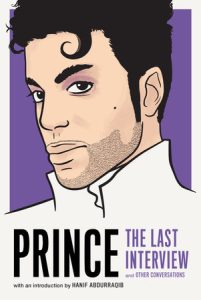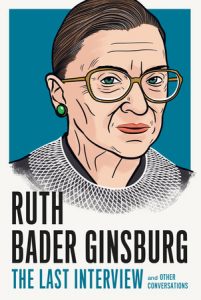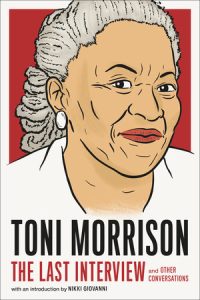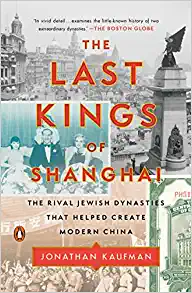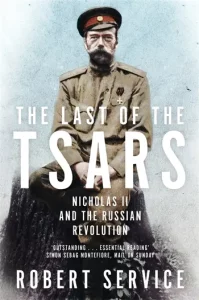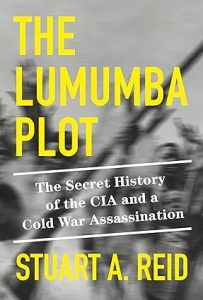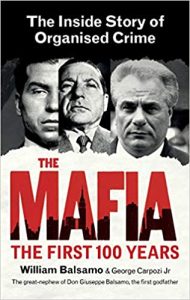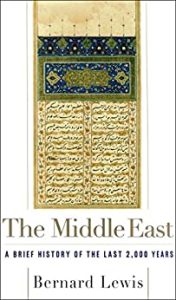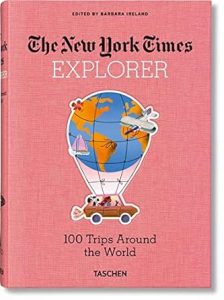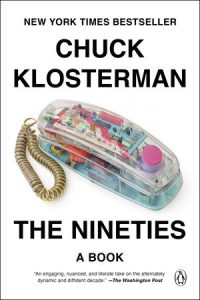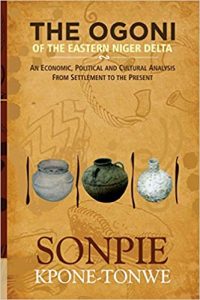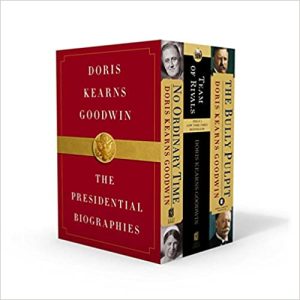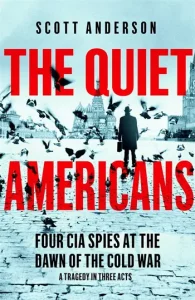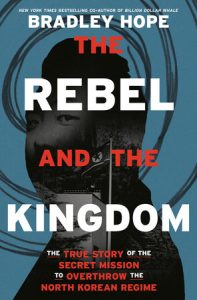The Last Interview: Prince
₦9,000.00A collection of the very first, the very last, and the very best interviews conducted with Prince over his nearly 40 year career.
There is perhaps no musician who has had as much influence on the sound of contemporary American music than Prince. His pioneering compositions brought a variety of musical genres into a singular funky and virtuosic sound. In this remarkable collection, and with his signature mix of seduction and demur, the late visionary reflects on his artistry, identity, and the sacrifices and soul-searching it took to stay true to himself. An Introduction by Hanif Abdurraqib offers astute, contemporary perspective and brilliantly contextualizes the collected interviews.

